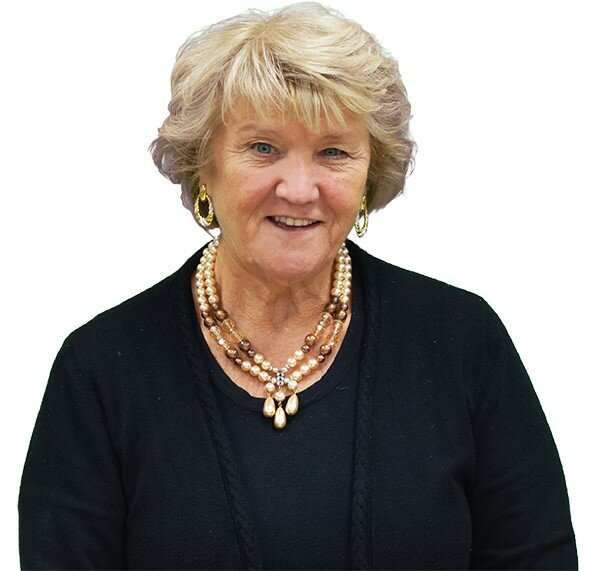Brady: What every taxpayer should know about school referendums
Jane Brady is the chair of A Better Delaware. She previously served as state attorney general and as a judge of the Delaware Superior Court.
Five school districts are scheduled to hold referendums between now and the end of April. A referendum is an opportunity for you to vote for or against raising your property taxes to support the schools in your district. All individuals over age 18 who reside in the school district are entitled to vote. The specific date your school district is holding a referendum, if it is one of the districts doing so, can be found at citizensfordelawareschools.org. Additionally, dates of town halls and other informational meetings are posted there.
As you consider whether to vote to increase the tax burden that you share for the students who live in your district, you may want to consider how the school is doing and how the district is proposing to spend your money.
If you have children in public school, you probably assume they are getting a good education. But what comprises a good education? It should be learning results. There are good people in the school system — teachers, administrators and coaches — but results are lacking. Indeed, most of our school districts are doing dismally when it comes to student learning.
There is a way to find out how the schools in your district are doing. The Delaware Department of Education website has a “report card” for each school. The website says it is provided “to enable parents and stakeholders to engage meaningfully in public education decisions.” Perfect! Enter a school in your district and see what results are displayed. I have to warn you — you will likely be shocked. Almost every public school gets a failing grade — most below 50%.
Let’s look at the districts that are asking you to vote to increase your taxes. A snapshot of the Red Clay Consolidated School District (referendum Wednesday) reports that 32% of students work at grade level in math, and 42% do so in English. The Colonial School District (referendum Thursday) reports that 15% are at grade level in math and 26% in English. The Smyrna School District (referendum March 9) reports 31% at grade level in math and 39% at grade level in English. The Cape Henlopen School District (referendum March 26) reports that 49% of students perform at grade level in math and 55% in English. Finally, the Appoquinimink School District (referendum April 23) reports that 40% of students perform at grade level in math and 48% in English.
The numbers can be numbing, but put them in perspective. When was the last time your child brought home a 40 on a test, and you were satisfied with that result? The sadder reality is that there are actually more than a dozen schools in Delaware with single-digit proficiencies. That means that, out of 100 students in an auditorium, 10 or fewer can read at grade level. Lack of competence in reading and math — in all learning — is harming our children’s opportunities for success. We need to insist on improvement.
This information isn’t intended to persuade you to not support your district’s effort to increase the money it has to spend. But, certainly, you should know how well the district is performing its job and insist that, if you give it more money, the school board outlines how that money will help improve student performance. Attend the town halls and informational meetings and make your school administrators aware that you expect better student performance results. Look back over the history of your school district and see what the performance has been. In many districts, student performance has declined, while spending has increased significantly. And then, attend school board meetings and continue to ask about meeting their core mission.
A referendum gives you an opportunity to more directly affect funding and policy than any other election in which you might vote. Be informed, be engaged and demand better in exchange for your vote of confidence. If you do not see improvement, then the opportunity to select new school board members comes in May each year. Be heard! Our students deserve our best advocacy on their behalf.
Reader reactions, pro or con, are welcomed at civiltalk@iniusa.org.







